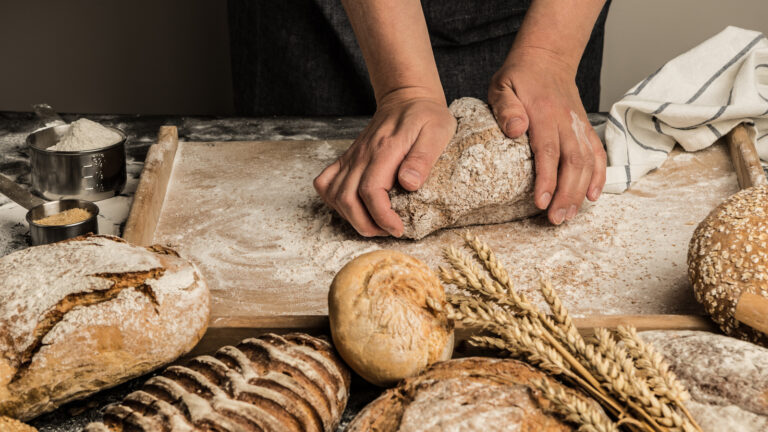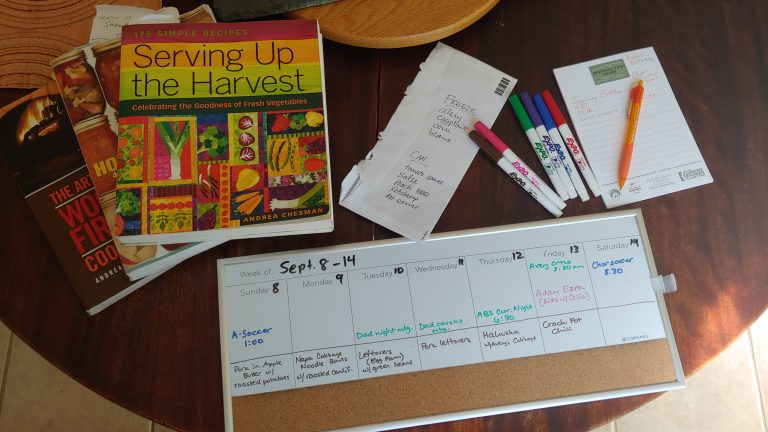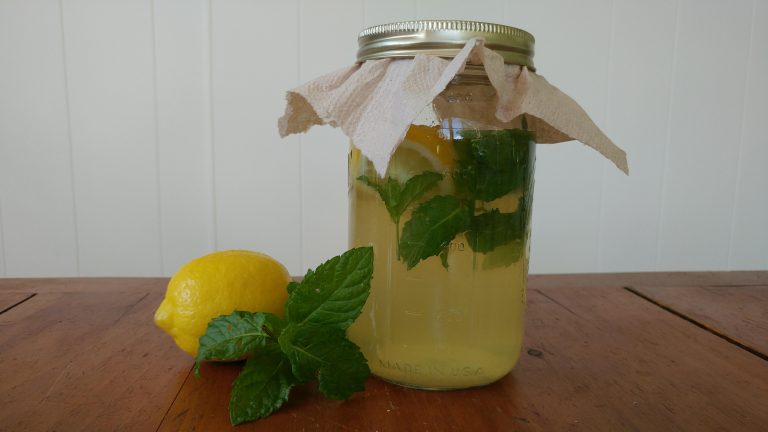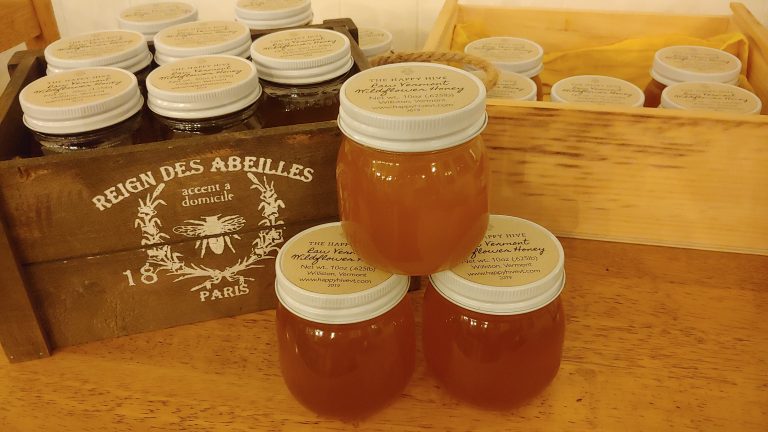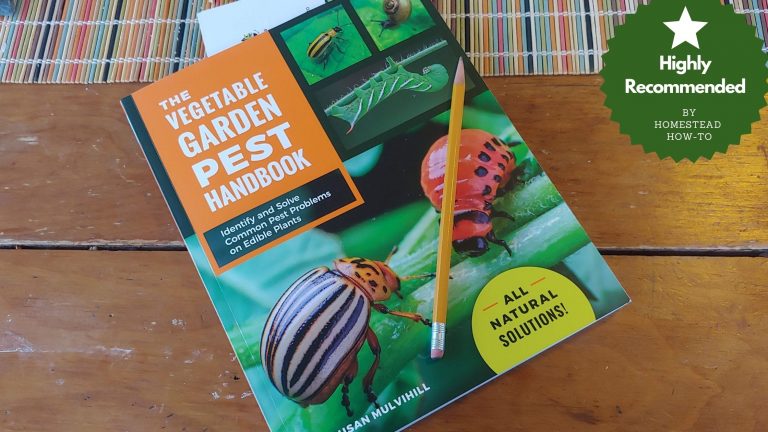This post may contain affiliate links.
Homesteading is a term that is gaining more traction and interest among homeowners today. What does homesteading mean to you? The definition of homesteading is constantly evolving and can mean different things to different people. To many, the term evokes thoughts of self-sufficiency and sustainable living, but what that looks like has evolved into something more personal and individualized.
For some, the term evokes images of freedom and flexibility; for others, it exemplifies struggles and pain. Homesteading is still a concept of natural, simplistic living free from the ties of capitalism.
The true wonder of homesteading is that there is no single way to define it and no ‘right’ or ‘wrong’ way to embrace it. It is also not without controversies and misconceptions that keep people from fully experiencing the pleasures of this way of living.
In this article, we will explore the history and meaning of homesteading and discuss how our understanding of the term influences what it means to be a “homesteader” today.
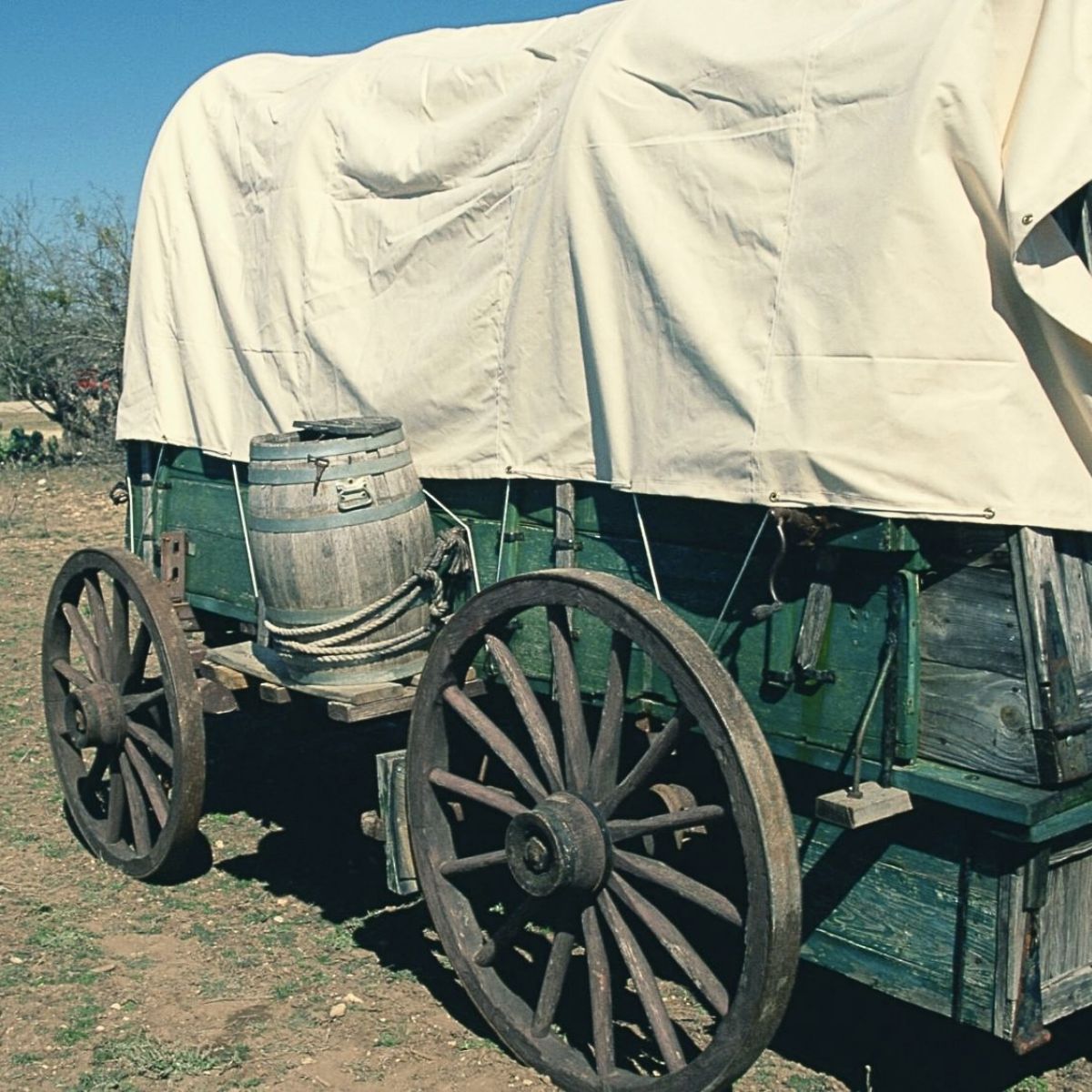
What does it mean to be a homesteader today?
The definition of homesteading is constantly evolving, and there is no one-size-fits-all answer. For some traditional homesteaders, homesteading might mean having a vegetable garden and raising livestock. For others, it means selling excess food to other farmers and stockpiling what they produce with canning and other preservation methods.
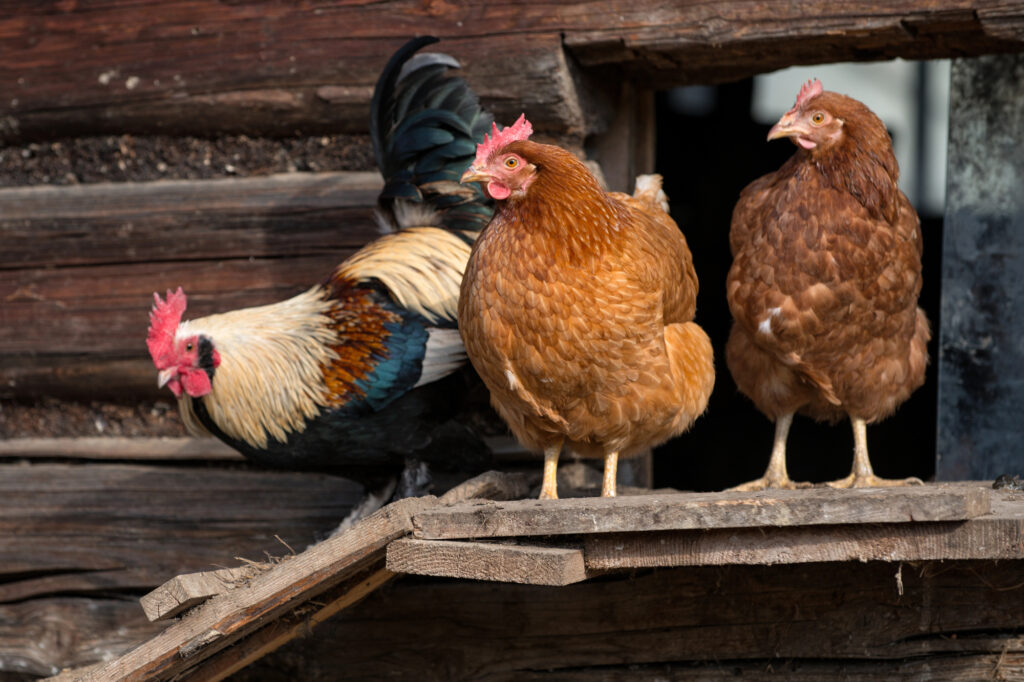
For the modern-day homesteader, it might be more about creating an environmentally sustainable lifestyle, community building, and rejecting the values of capitalism and popular culture. It is less about making a profit off the land and more a focus on simply reducing the dependence on capitalistic norms to keep the family going,
The extent to which homesteading equates to total self-reliance is also up for interpretation. Some homesteaders might strive for a 100% self-reliant lifestyle (hence the “off-grid” movement), while others may be content with a homestead lifestyle that relies more on the community and the local economy.
Someone can simply substitute a percentage of their consumption with their crops, food sources, and other resources. Another family may want to embrace a more holistic and organic approach to living as much as possible and use store-bought supplies only when necessary.
“Preppers” who homestead as a way to prepare for potential disasters might have a different definition of homesteading than those who see it as a way to connect with nature. And those will still differ from the families looking to live together in a commune-type arrangement where they support each other with a more self-sufficient, community-minded approach.
Homesteading is a Lifestyle
The point is that there is no true right or wrong way to homestead, and no one reason why people choose the homesteader lifestyle. What is clear, however, is that homesteading is about more than just growing your food, living off the land, going off the grid, or being self-reliant.
It’s about creating a lifestyle that feels meaningful and important to the person or family living that life, which means there is room within the movement for many definitions and perspectives.
Homesteading is a Spectrum
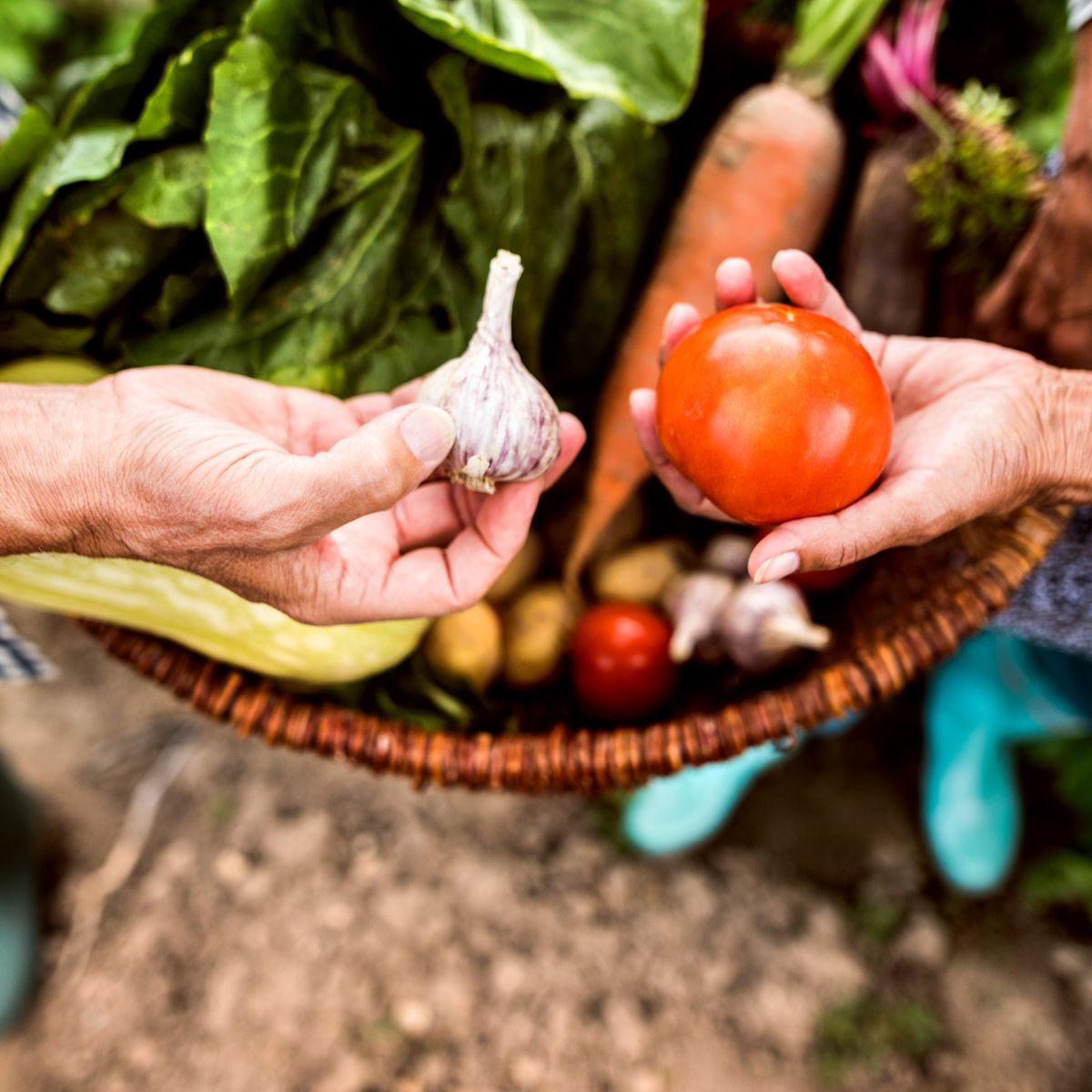
However, we see homesteading as a spectrum – homesteaders can be fully self-sufficient, live off the grid, homestead in their backyards, and come from any walk of life. There is likely a bond around “old-fashioned living,” but our reasons for living that way are vast and diverse, as are how we implement that lifestyle.
What holds us together as a “homesteading community,” we hope, can, and should be the desire to understand what we have in common and to come together to share skills, resources, passions, and interests to make the world a better place.
Whether you are a professional homesteader, a backyard warrior homesteader, or someone just finding out about the homestead lifestyle, there is a place for you in the homesteading community!
What are the historical roots of homesteading?
Historically, homesteaders were granted public land in the western United States in the late 19th century for a small filing fee. These early homesteading settlers were instrumental in settling the new lands of the country and expanding the reach of the U.S. into the untamed West.
Early homesteaders often homesteaded together, and their goal was to create a self-sufficient homestead that would be their permanent home. By grouping, these mini-settlements were among the first cities and towns that started dotting the West.
The Homestead Rush of 1862
The real rush for homesteaders in the United States came with the Homestead Act of 1862, which offered free land to homesteaders in the American West, which only served to increase the number of settlers who were moving West and settling the land.
To qualify, homesteaders had to build a home on the land and cultivate it for five years. Passed by President Abraham Lincoln, the act was seen as an opening of opportunity for many who otherwise would not have land to farm. By offering land in exchange for settlements, it was a win-win situation.
The nation expanded its reach, and settlers could embrace opportunities out of their reach. A prime example of ‘you scratch out back, we scratch yours’ is this approach to homesteading, which has endured for decades with the U.S. government and citizens both reaping the benefits.
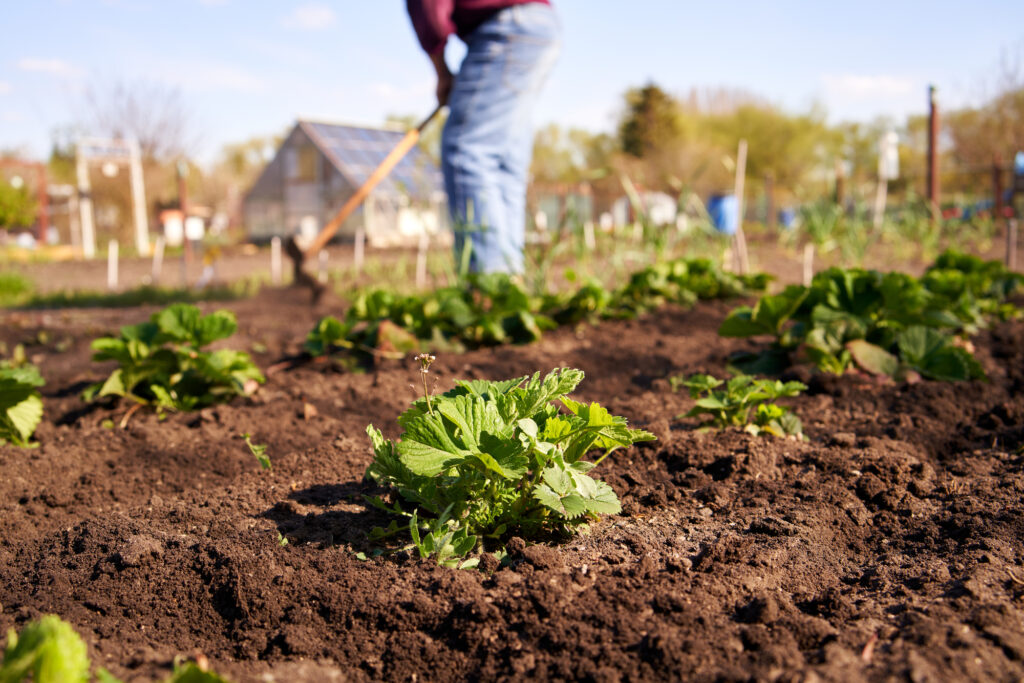
Homestead Act Controversy and Dark Past
The Homestead Act was not without controversy. Some took advantage of the process for speculation or filed false claims. In addition, homesteading was said to give access to “public land” to the broader population, including freed slaves.
However, the historical examination has questioned the extent to which lands were given widely and equally or mostly to those who already had resources and wealth.
Moreover, it has been rightfully observed that the land allocated to homesteaders, intended to become private property, may have led to the displacement of indigenous communities that previously inhabited the same land.
Whether homesteading reinforces wealth disparities rather than fostering equal access is a valid concern. Opportunities for newly freed slaves were there, but the homesteaded land largely went to wealthy white Americans who were already doing well for themselves compared to the rest of the population.
Balancing the Past and the Present
The historical origins of homesteading can be viewed from two perspectives. One highlights the resilience and determination of pioneering Americans who navigated the challenges through self-reliance and grit. The other presents a contentious narrative of land ownership’s power dynamics and political implications.
Coming to terms with this grey area in the past and how it has shaped the idea of homesteading today is essential for determining what homesteading is to you and how you define homesteading in your life.
Acknowledging this complicated history and asking how it influences our modern-day understanding of homesteading is important.

How has the definition of homesteading evolved?
In the 1970’s, “living off the land” became a popular movement, and homesteading began to be seen as a way to break away from the societal norms of consumerism. In this context, homesteading was about more than just growing your own food or becoming self-reliant; it was also about creating community, connecting with nature, and rejecting the values of capitalism.
The idea of community and cooperation is at the heart of the homesteading movement. Few homesteaders truly are on their own, and even if they are self-sufficient on their own properties, they likely work with other homesteaders to buy, sell, trade, and acquire what they need.
Folks who were likely to be called “hippies” started using the term just as much as those who followed a more traditional conservative farming lifestyle.
Deep Focus on the Environment
Over the last 20+ years, homesteading has also become a topic in the world of environmentalists. While homesteading used to be mainly focused on living off the land (for either “traditional” or “hippie” reasons), many homesteaders now also focus on creating an environmentally sustainable lifestyle.
In a day and age where there is concern about climate change, pollution, environmental degradation, energy waste, food waste, and a laundry list of other ecological and societal upheaval, the appeal of the homestead lifestyle is stronger than ever.
Homesteaders work to live in harmony with nature rather than abusing and misusing it. This might include using solar energy, composting, growing organic vegetables, or other sustainable practices. Self-reliance and the local food movement (aimed at avoiding the energy use that mass transit of food requires) have found a synergy in the homesteading movement.
Adjacent concerns such as energy usage and green energy, pollution and waste management, and other environmental movements can find a place among the homesteader movement.
Want to read other folks’ definitions of homesteading?
Here are a couple of other articles you might find interesting on this topic:
- Does this Homesteading Thing Really Matter? from The Prarie Homestead
- Living off the Land: The New Sisterhood of Black Female Homesteaders from The Guardian
- What is Homesteading? from An Off-Grid Life
So…what does homesteading mean to you? Let’s talk about it…
Carrie Williams Howe is an educational leader by day and an aspiring homesteader by night and weekend. She lives on a small homestead in Vermont with her husband, two children, and a rambunctious border collie. She blogs about her family's homestead life at The Happy Hive.

